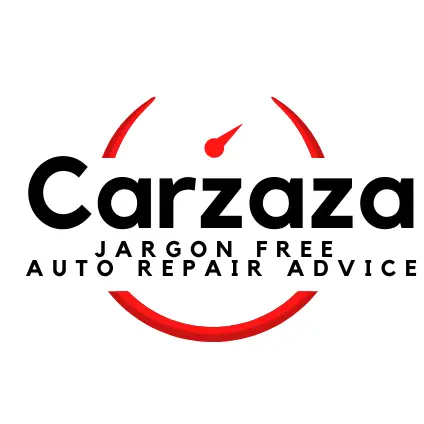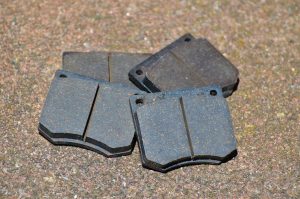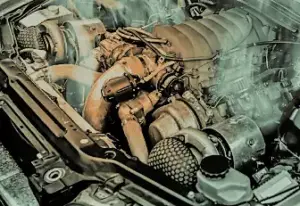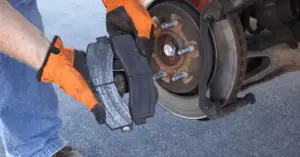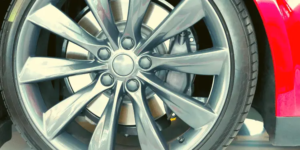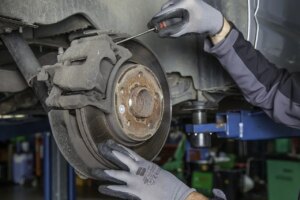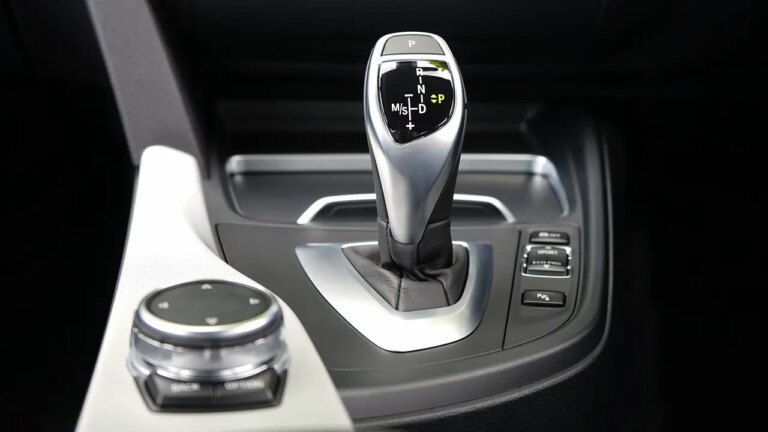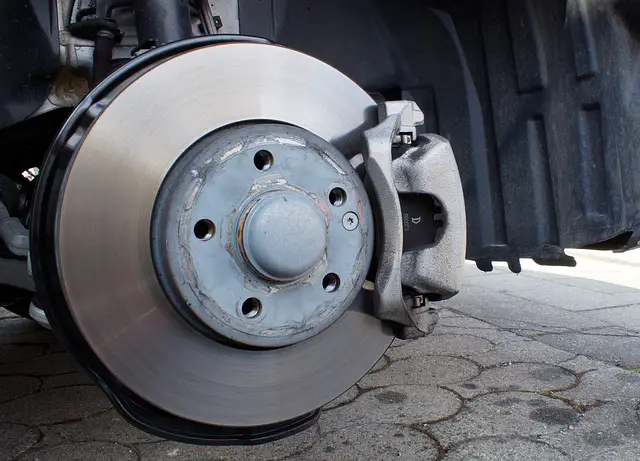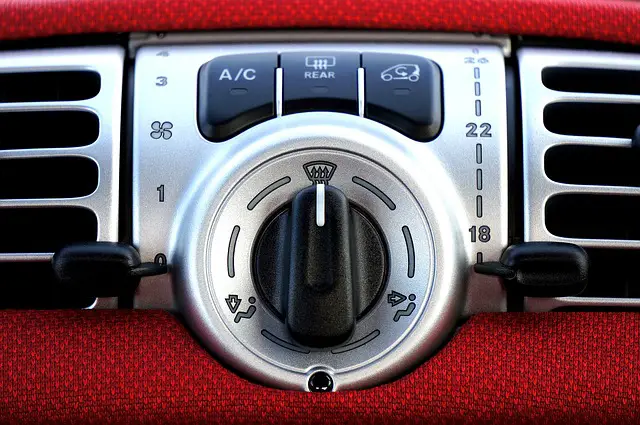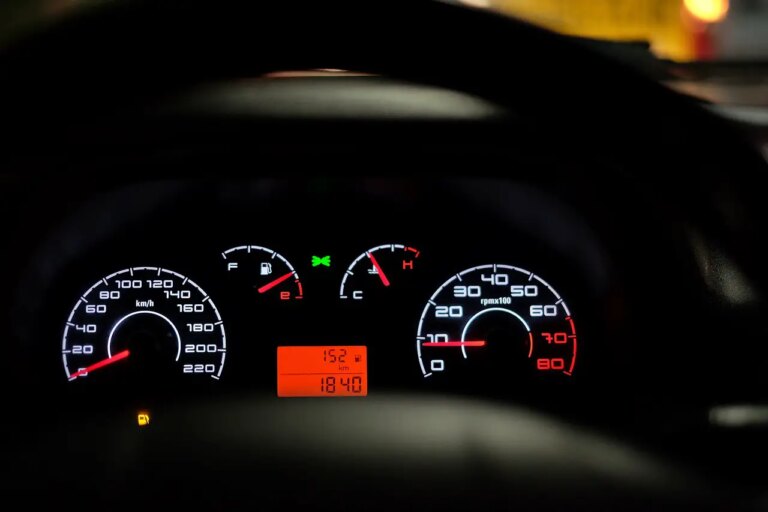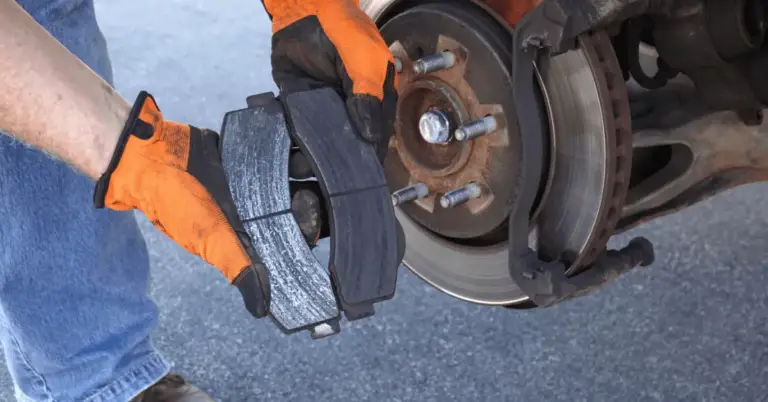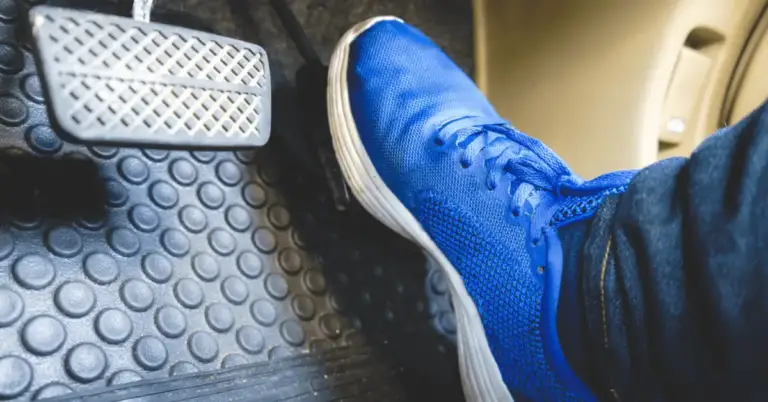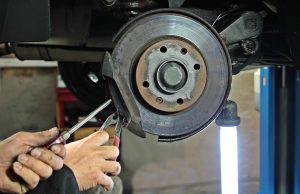
Need to replace your brake pads and rotors? You may be wondering whether they need to be manufactured by the same company. So, do they? Do brake pads and rotors need to be the same brand?
Brake pads and rotors do not need to be from the same brand. As long as they are both designed for your vehicle, then you should be fine. They’ll work well together. However, they may not perform the same, especially if you are using aftermarket parts.
On this page, we’ll talk about this in a bit more depth. We also want to give you an overview of choosing the right brake pads and rotors for your vehicle.
Do Brake Pads and Rotors Need To Be From The Same Brand?
As mentioned, brake pads and rotors do not have to be from the same brand. In fact, they rarely are. All you need to worry about is choosing the right size brake pads and rotors for your vehicle’s model and trim.
You have to remember that there aren’t that many factories producing brake pads and rotors. In most cases, different brands will be using the same factory to produce their products. So, if you look at a rotor for one manufacturer and then a similar rotor for another manufacturer, they may have come from the same place. There will be slight differences in construction materials and specs, though.
So, this means that brake pads and rotors from different manufacturers should be interchangeable.
Do Brake Pads and Rotors From Different Manufacturers Perform The Same?
While the brake pads and rotors may be interchangeable between brands, you have to remember that each brand has its own spec when they produce vehicle components. This can make the brake pads and rotors perform slightly differently.
For example, if you pick up an OEM car part (made by your vehicle manufacturer), then your vehicle’s brakes will perform almost exactly the same as the day you first drove your vehicle. There are often some performance issues with OEM parts e.g., they wear down quicker and don’t perform as well as aftermarket parts, but they are designed for your specific vehicle. It makes the swap easy.
Once you start venturing into aftermarket parts, then the sheer number of brands and options is crazy! Aftermarket components (i.e. anything not made by the original vehicle manufacturer) are designed for performance. With the more expensive products, you get better braking, lower wear, less dust produced, etc. You often get more bang for your buck when you buy aftermarket.
Avoid Too Much Mixing and Matching
So, while your brake pads and rotors are interchangeable between brands, you probably don’t want to get too crazy with your mixing and matching.
For example, there is no sense in buying incredibly cheap brake pads and matching them up with a high-quality aftermarket rotor. When you do that, you’re never going to be getting the most out of your aftermarket rotor. It will only perform as well as the brake pads.
So, when you are choosing some brake pads and rotors for your vehicle, we do suggest that you always try and buy similarly priced products. So, if you are investing heavily in some brake pads, then make sure that you invest in some rotors too. If you are going for cheaper components, then only buy cheap components (unless you plan to upgrade in the very near future).
Choosing Brake Pads and Rotors For Your Vehicle
We don’t intend for this to be a complete guide to choosing the right brake pads and rotors for your vehicle. There are plenty of far better guides out there for that. Instead, we want this to be a very quick overview of the things that you should think about when picking up brake pads and rotors for your vehicle.
Choosing The Right Components For Your Vehicle
Brake pads and rotors do not need to be the same brand as long as you choose the right components for your vehicle.
Brake pads and rotors are manufactured for specific vehicle models. In fact, not just specific vehicle models. The trim is also going to play a role too.
It is important that you know your exact vehicle model and trim before you hunt for vehicle components. If you’re unsure where to look for your vehicle’s details, one of these places should have it:
- In your vehicle owner’s manual
- On the original sales invoice
- On a sticker by the driver’s door area
- On a sticker in or around your trunk
- Most vehicle manufacturers have a VIN lookup. Tap the number in there, and it’ll tell you all the details of your vehicle. You also use this online VIN lookup database
OEM vs. Aftermarket
If you want your vehicle to drive in a very similar way to when you bought your vehicle, then go for OEM. They are much easier to buy since you have very few options. Just head to your vehicle manufacturer’s website, and they’ll tell you how to buy parts for your vehicle. It is much more expensive, but you’ll have fewer headaches.
Aftermarket is when you are looking for budget options or something that has high performance. You’ll be going through countless brands looking at all sorts of specs. You may need to check out a few reviews or product listings to ensure that you choose the right component for your needs.
Different Types of Brake Pads & Rotors
If you are diving into the world of aftermarket parts, then you’ll have a lot to think about. Each set of brake pads or rotors will have different attributes that impact their performance. You may need to read through a few reviews to find out what is right for your driving style and what sort of performance you want.
For example, brake pads are made from different materials:
- Organic brake pads are non-metallic. They are normally made from cheap materials such as rubber. They wear out quickly, but they are very cheap to buy.
- Ceramic brake pads are some of the best brake pads you can buy. They are very durable, and they perform well when braking.
- Semi-metallic brake pads sit somewhere between the two. They are durable, but not as durable as ceramic. The major downside is that they are very noisy.
Buying rotors is equally difficult. You have tons of options. Most of your focus will be on durability, noise, heat-resistant attributes, etc. on the rotor front.
Can You Take Your Own Brake Pads and Rotors To a Garage For Installation?
We do have one final point to note here. If you are planning on buying your own brake pads and asking a garage to fit them, then stop. Most garages won’t do this. They will only install parts that you buy through them. This is, partly, so that they can guarantee that they are installing decent parts, but also to ensure they make more profit on the installation.
If you insist on buying your own parts, then you may need to shop around to find somebody willing to fit them for you (if you can’t do it yourself).
Conclusion
As long as the brake pads and rotors are designed for your vehicle, then it is fine to mix and match brands. In fact, this is often the right choice if you want the best performance from your braking system.
The only thing that you really need to think about is the quality of the components. While you can mix expensive brake pads with cheap rotors (or the other way around), you probably shouldn’t do that. It is a waste of money, you’d never get the best performance from your brake pads with cheap rotors.
Frequently Asked Questions
Does the brand of rotors matter?
Yes. Different brands will manufacture their rotors to different specs, so there may be slight performance differences between them. It is important that you do your research to ensure you get the right component for your driving style and budget.
Are all brake pads and rotors the same?
No. Brake pads and rotors are designed for specific vehicle models. It is important that you choose the right brake pads and rotors for your vehicle. If you don’t, you won’t be able to install them.
Can you use any brake pad with any rotor?
As long as the brake pad has been designed for the same vehicle as your selected rotor, then you should be fine. It is rare that they won’t work together.
